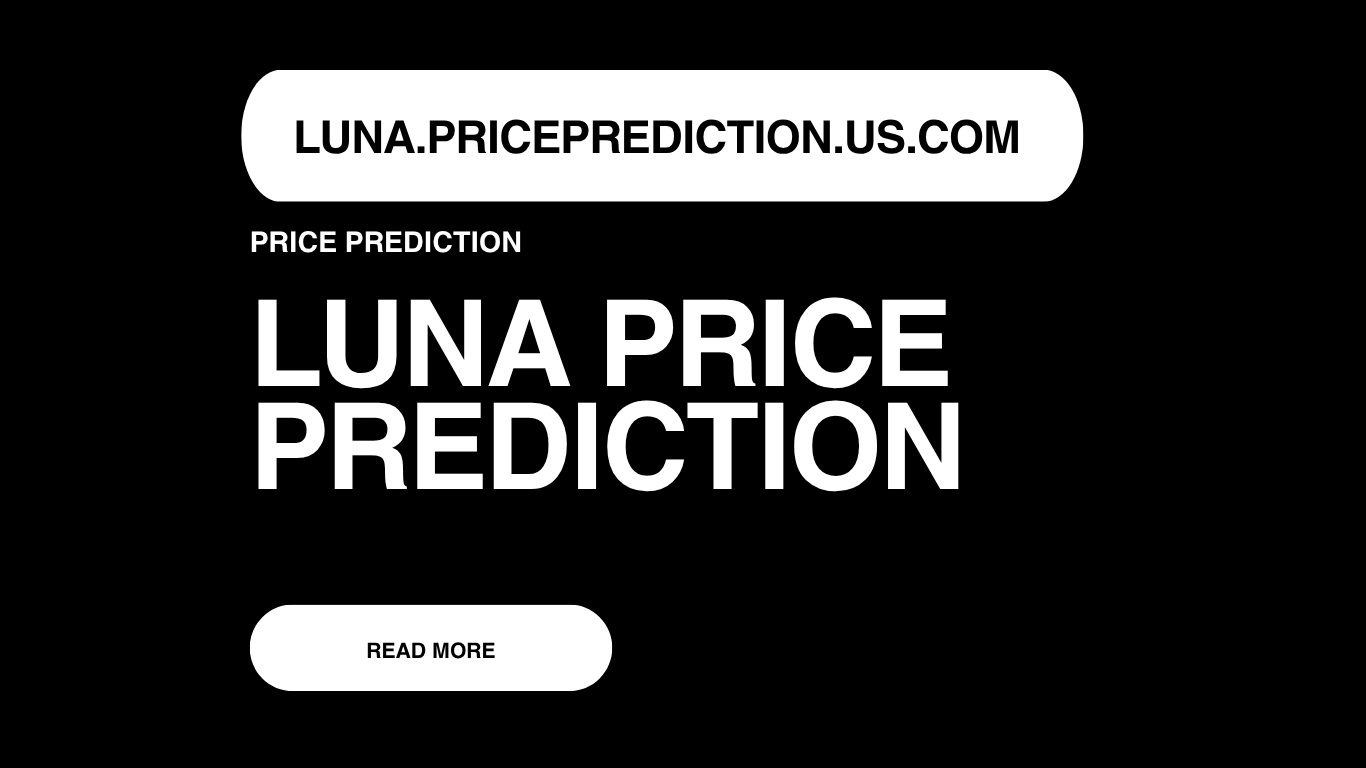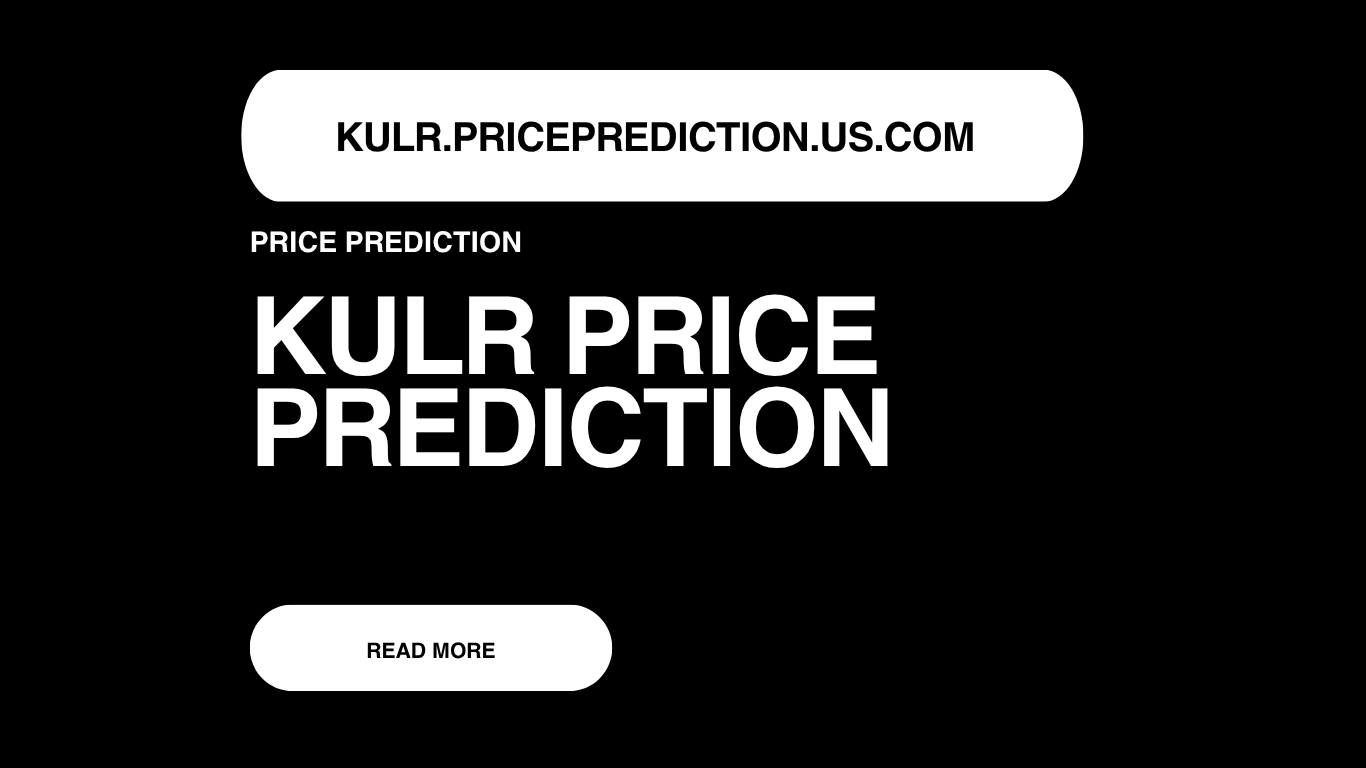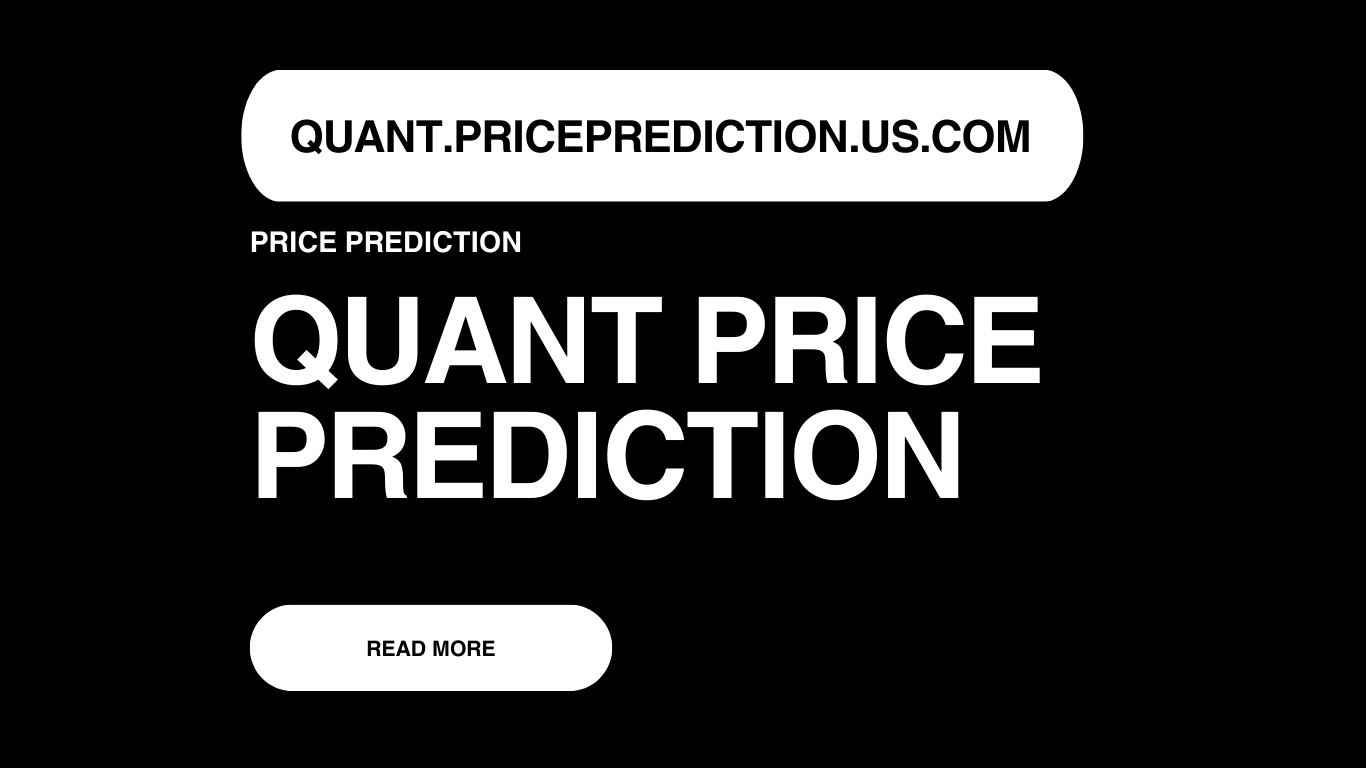Current Price
As of now, LUNA is trading at significantly lower levels than its pre-crash levels. The token experiences modest trading volume and remains volatile.
Explore Terra LUNA price prediction from 2025 to 2040 with yearly analysis. Discover technical trends, tokenomics, roadmap, and long-term potential of the LUNA token.

LUNA is the native token of the Terra blockchain, initially designed to support a decentralized stablecoin ecosystem. Following the infamous Terra ecosystem crash in 2022, the original token was renamed LUNC, while a new chain was launched under LUNA. Despite the history, LUNA continues to develop under the Terra 2.0 ecosystem.
This article presents an in-depth forecast of LUNA’s price performance from 2025 to 2040 based on technical analysis, roadmap progress, and market sentiment.
As of now, LUNA is trading at significantly lower levels than its pre-crash levels. The token experiences modest trading volume and remains volatile.
LUNA has seen high volatility since its re-launch. The token struggles to maintain upward momentum and is in a consolidation phase. Technical indicators like RSI and MACD show weak bullish signals, suggesting caution.
Expected range: $0.85 – $1.20
Modest growth could occur if Terra 2.0 successfully revives community trust and adds real utility.
Expected range: $0.50 – $0.20
Increased adoption of Terra’s DeFi tools may improve investor sentiment and push prices higher.
Expected range: $0.30 – $0.040
Market recovery and a strong altcoin season could help LUNA attract speculative interest.
Expected range: $0.050 – $0.090
New partnerships or real-world use cases in finance and payments may drive steady demand.
Expected range for terra price prediction 2029: $1.50 – $3.40
If Terra regains trust and expands its ecosystem, LUNA could reclaim mid-tier market cap status.
Expected range: $0.50 – $1.40
Strong user adoption and cross-chain compatibility could position LUNA as a valuable infrastructure token.
Expected range: $3.60 – $4.90
If Terra evolves into a mature platform, long-term investors could view LUNA as a core holding.
Expected range for terra price prediction 2040: $7.20 – $11.20
Widespread decentralized finance adoption and successful roadmap execution are key to long-term valuation.
LUNA powers the Terra 2.0 blockchain, focused on building decentralized applications and restoring the vision of a programmable payment platform. Unlike the old chain, it no longer supports algorithmic stablecoins and seeks to innovate within DeFi and smart contracts.
What is LUNA used for?
LUNA is used for staking, governance, and paying transaction fees on the Terra 2.0 network.
Is LUNA the same as LUNC?
No. LUNA is the new token of Terra 2.0, while LUNC is the original token from the collapsed Terra Classic chain.
Is LUNA a good investment?
It carries high risk due to past events, but may offer potential if Terra 2.0 succeeds long-term.
Bullish Patterns:
Bearish Patterns:
Terra 2.0's focus is now on rebuilding trust and delivering DeFi solutions with real utility. If successful, it could see a slow but steady return of interest. Growth depends on partnerships, development pace, and market cycles.
Provide clear contact information, including phone number, email, and address.

Discover KULR stock price prediction from 2025 to 2040. Explore forecasts, technical analysis, roadmap, and future trends driving growth in battery safety and thermal management.

Explore the detailed QNT Quant price prediction from 2025 to 2040. Understand future prospects, technical analysis, and potential growth for the QNT token.

Get the latest Aerobud price prediction for 2025, 2030, and 2040. Learn about the project’s technical analysis, market outlook, future trends, and token utility in the cannabis crypto space.